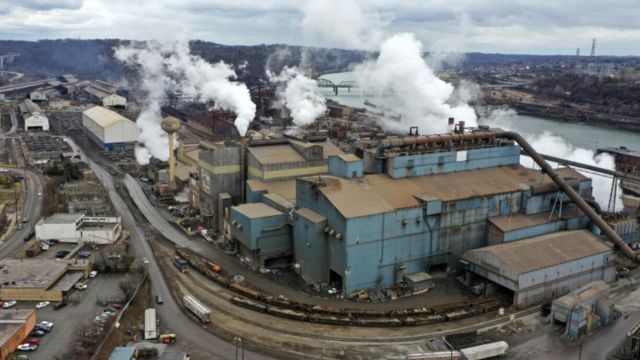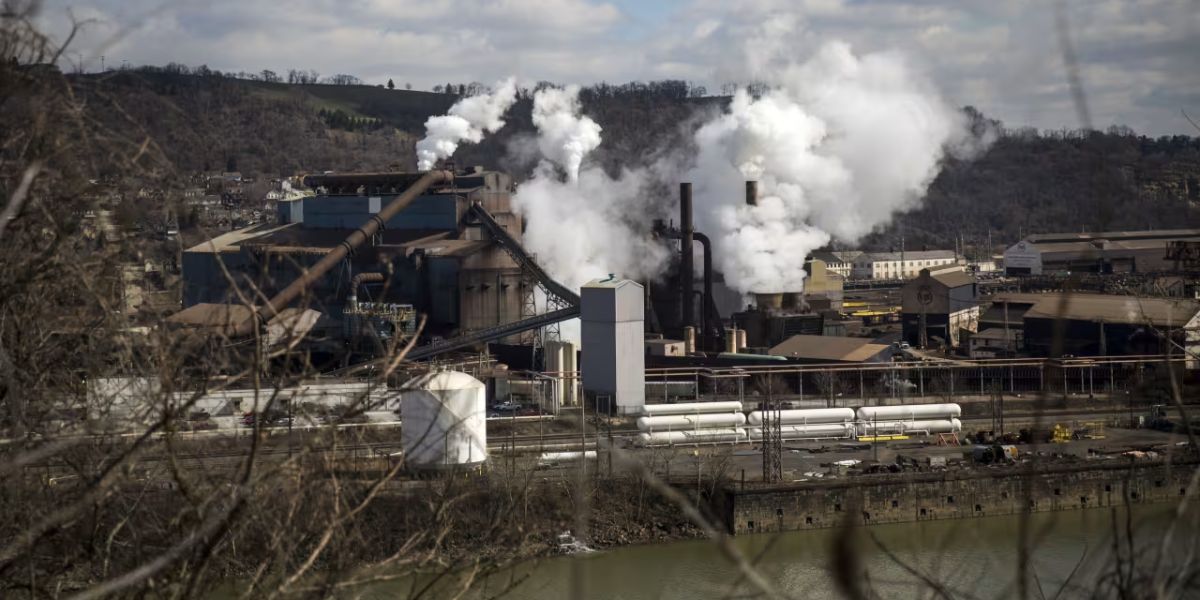In a federal lawsuit launched in 2019 by the Allegheny County Health Department, the Clean Air Council, and environmental NGOs PennEnvironment and the Clean Air Council, US Steel negotiated a $24.5 million settlement on Monday.
Zachary Barber of PennEnvironment stated, “We hope that this sends a powerful message to polluters here in the region that it does not pay to pollute, and Pittsburghers won’t sit idly by while polluters run roughshod over our cornerstone environmental laws.”
Barber claims that the case was brought about because US Steel’s Clairton Coke Works plant suffered damage to its pollution control system in December 2018 yet the business proceeded to run the plant for over a hundred days.

“All three facilities were generating unhealthy air pollution at significantly higher levels than usual—in some cases up to 25 times higher than usual,” according to Barber.
Since then, US Steel has invested $17.5 million in facilities renovations. As a condition of the settlement, the business must upgrade its coke oven gas cleaning facilities with an additional $19.5 million.
Additionally, a $5 million penalty is included to support regional clean air initiatives.
According to a Pennsylvania Clear Air Act case, it establishes a record-breaking fine for unlawful air pollution. US Steel will be required to pay $5 million, the majority of which will be used to support regional initiatives related to public health and clean air in the Mon Valley, according to Barber.
A statement was released by US Steel’s Vice President of Mon Valley Works, Kurt Barshick, in response to the settlement. It said, in part, that the company employs more than 3,000 dedicated individuals in the Mon Valley who work tirelessly to produce steel that meets all environmental standards. If we fall short of that benchmark, we’ll adjust to improve.




